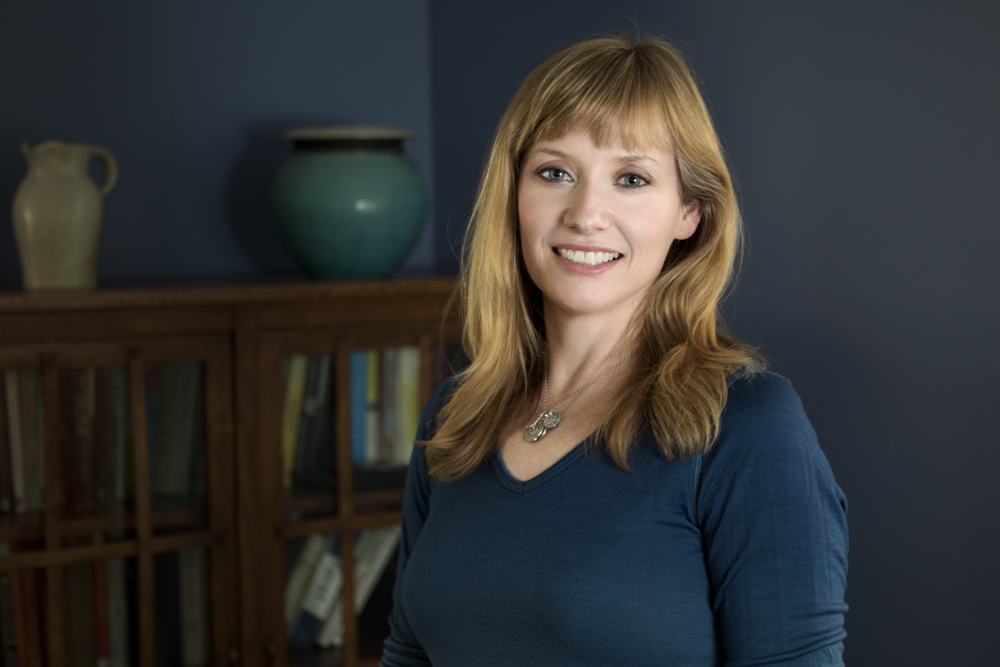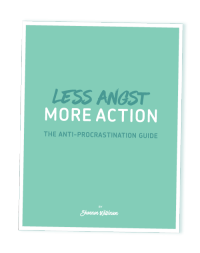 If you get my monthly rolling invitations* you know that I’ve been recuperating from yet another concussion. Since this is my third annual concussion, and they’re cumulative, it’s worth being very conservative. I’m also still dealing with the symptoms that led to me fainting in the first place. Which all adds up to needing loads of rest so I can continue to coach my amazing clients while I recover fully.
If you get my monthly rolling invitations* you know that I’ve been recuperating from yet another concussion. Since this is my third annual concussion, and they’re cumulative, it’s worth being very conservative. I’m also still dealing with the symptoms that led to me fainting in the first place. Which all adds up to needing loads of rest so I can continue to coach my amazing clients while I recover fully.
Even though I went through this just a year ago, I’ve forgotten a few things about recovering. Things like I make a horrible invalid, and I think that taking it easy should count for true rest.
I looked back at my posts from last year’s event, to remind myself, and realized if I could read this again, you might benefit from it too. Because, you don’t need a concussion to benefit from focusing on whatever it is you’re doing, whether is resting, playing or working.
* Don’t get the rolling invitations? Change that here!
* * *
As I’ve been recovering and able to do more and more, I find myself taking it easy much of the day.
A little work, a little play, alternating through out the day.
More often than not, the periods sort of blend together as I think, I can spend some time with email as I’m resting on the couch. Or I’m going to take a break from this project and see what’s happening on Facebook or Twitter.
At the end of the day, I don’t feel like I got much accomplished nor do I feel rested.
It’s a very unsatisfied feeling.
I decided to take some of my supposed taking it easy play time and expand my internet awarded medical degree and do a little research on concussions. (No wonder taking it easy doesn’t feel restful!)
There’s a fair amount of advice, some of it conflicting, but it seems that the best way to heal from a concussion is complete cognitive and physical rest.
Even months after receiving a concussion, COMPLETE rest can lessen symptoms significantly and improve cognitive abilities.
That means no reading, no texting, no talking on the phone, no emailing, no hanging out with friends, no TV, no computer, no exercise, basically no using your brain for a full week.
Do what, or rather, don’t do what?
Well the thought of that terrifies me. I’m not sure who could do that without being restrained (and probably medicated). I haven’t done any exercise, other than my normal movement getting around during the day, and up and down the two flights of stairs in my house.
I have cut way back on my work and thinking activities, but lots of my taking it easy has been on the computer or with a book or watching back-to-back episodes of the first season of Alias. According to the study, this doesn’t count as complete rest.
Which should have been obvious to me, because I don’t feel rested afterwards.
Clearly something needs to change.
While I’m not ready to take my business offline for a week, I certainly can have periods, rather lengthy periods, each day of complete cognitive rest.
Here’s how:
I can meditate.
I can rest in shavasana.
I can sit and watch the river go by.
I can do self-hypnosis.
To start, I can spend most of my time doing these things, with brief periods of focused attention to get the things done I need to get done. And rest again after completing them.
With time, the ratio can switch, with more time going to the focused work periods and less to the rest periods.
Or not.
Photo Credit: Mind Your Head by Suraya_M on Flickr



[…] practice and cultivate presence. Between running a marathon, fainting and getting a concussion, and spending the last month in recovery mode, I’ve had very little choice but to be in the hear-and-now moment. Or, rather, I’ve had […]
[…] posted over six years ago. Last night I returned to spin class for the first time since the great concussion of 2013. While I’m not really starting over, it feels like it in many ways. Re-reading this post […]
[…] posted over six years ago. Last night I returned to spin class for the first time since the great concussion of 2013. While I’m not really starting over, it feels like it in many ways. Re-reading this post […]
[…] I’ve mentioned a time or two, that I’ve been dealing with some health issues, including another concussion. That alone kept me from doing much more than lay on the couch for two months. Over the last month, […]